Home>Furniture & Design>Interior Design Trends>How To Remove Rust From Glass
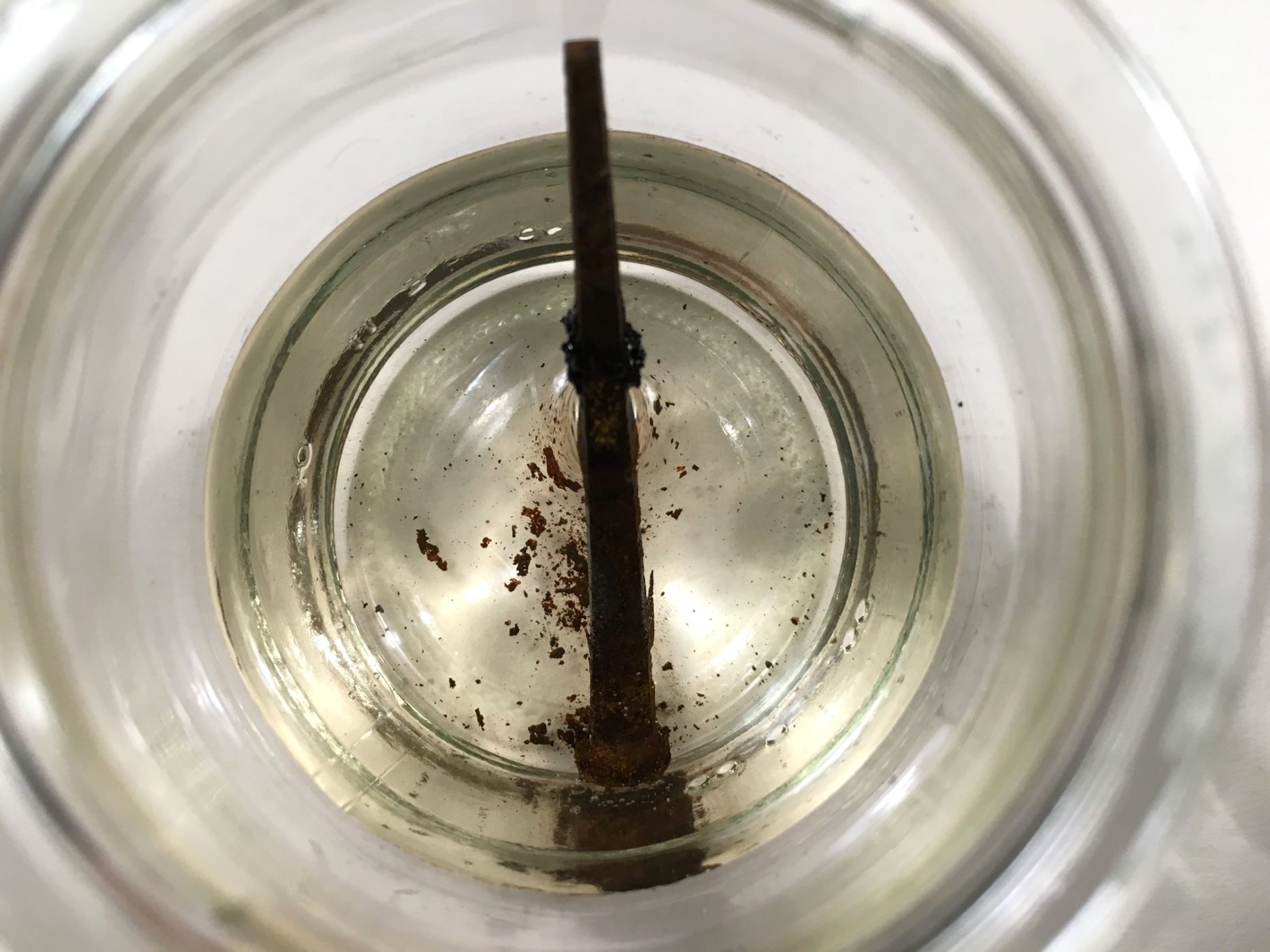

Interior Design Trends
How To Remove Rust From Glass
Published: February 4, 2024
Learn effective techniques for removing rust from glass surfaces and keep up with the latest interior design trends. Say goodbye to unsightly rust stains with our expert tips.
(Many of the links in this article redirect to a specific reviewed product. Your purchase of these products through affiliate links helps to generate commission for Storables.com, at no extra cost. Learn more)
Introduction
Rust on glass surfaces can be a frustrating and unsightly issue, often caused by exposure to moisture and metal particles. Whether it's on your shower door, windows, or glassware, dealing with rust can seem daunting. However, with the right knowledge and techniques, it's possible to effectively remove rust from glass and prevent its recurrence.
In this comprehensive guide, we will explore various methods for removing rust from glass, including both commercial rust removers and natural remedies. Additionally, we will delve into preventive measures to safeguard your glass surfaces from future rust formation.
By understanding the nature of rust on glass and learning the most effective removal and prevention strategies, you can restore the pristine appearance of your glass items and maintain their beauty for years to come. Let's embark on this journey to bid farewell to rust and embrace the clarity and brilliance of rust-free glass.
Key Takeaways:
- Say goodbye to rust on glass by using commercial rust removers or natural remedies like vinegar and lemon juice. Prevent future rust by applying protective coatings and keeping glass surfaces dry.
- Rust on glass is caused by metal particles and moisture. Remove rust with commercial products or natural remedies like vinegar and lemon juice. Prevent rust by applying protective coatings and keeping glass dry.
Read more: How To Remove Rust From Calipers
Understanding Rust on Glass
Rust on glass is a common occurrence, especially in environments where moisture and metal particles are present. When metal particles, such as iron or steel, come into contact with glass surfaces and are exposed to moisture, a chemical reaction occurs, leading to the formation of rust. This process, known as oxidation, results in the reddish-brown discoloration that is characteristic of rust.
The presence of rust on glass not only detracts from the aesthetic appeal of the surface but can also compromise its structural integrity over time. Understanding the nature of rust on glass is crucial in devising effective removal and prevention strategies.
Rust on glass can manifest in various settings, from bathroom fixtures and shower doors to outdoor windows and glassware. In humid environments, such as bathrooms, the likelihood of rust formation on glass surfaces is heightened due to the consistent presence of moisture. Similarly, outdoor glass surfaces are susceptible to rust when exposed to rain and humidity, especially in regions with high levels of airborne metal particles.
It's important to note that the composition of glass itself does not rust, as glass is primarily made of silica, an inorganic material that does not undergo oxidation. Instead, it is the metal particles present on the glass surface that undergo the rusting process, leading to the unsightly stains and blemishes.
By gaining a deeper understanding of the factors contributing to rust formation on glass, individuals can take proactive measures to mitigate its impact and preserve the clarity and luster of their glass surfaces. With this knowledge as our foundation, we can now explore the most effective methods for removing rust from glass and preventing its recurrence.
Methods for Removing Rust from Glass
When it comes to removing rust from glass, there are several effective methods that can restore the pristine appearance of the affected surfaces. Whether you're dealing with rust on shower doors, windows, or glassware, it's essential to choose a method that is safe for the specific type of glass and capable of effectively eliminating the rust stains.
Using Commercial Rust Removers
Commercial rust removers are readily available and are formulated to dissolve and eliminate rust stains from various surfaces, including glass. These products typically contain active ingredients that break down the chemical bonds of rust, making it easier to wipe away the stains. When using commercial rust removers on glass, it's important to follow the manufacturer's instructions carefully to ensure safe and effective application.
To remove rust from glass using a commercial rust remover, start by applying the product to the affected areas and allowing it to penetrate the rust stains. Depending on the severity of the rust, you may need to let the remover sit for a specified period. After the designated time has elapsed, use a non-abrasive sponge or cloth to gently scrub the rusted areas, working in circular motions to lift the stains from the glass surface. Once the rust has been loosened, thoroughly rinse the glass with water to remove any residual remover and rust particles.
Using Natural Remedies
For those who prefer natural and eco-friendly solutions, several household items can be used to remove rust from glass effectively. One popular natural remedy for rust removal is white vinegar, which contains acetic acid that can help dissolve rust stains. To use white vinegar for rust removal, soak a cloth or paper towel in vinegar and apply it to the rusted areas of the glass. Allow the vinegar to sit for a period, then gently scrub the stains with a soft brush or cloth. Afterward, rinse the glass thoroughly with water to reveal a rust-free surface.
Another natural remedy for rust removal is lemon juice, which contains citric acid known for its rust-dissolving properties. Similar to white vinegar, lemon juice can be applied to rust stains on glass and left to sit before being gently scrubbed and rinsed off. Additionally, a paste made from baking soda and water can be used as a mild abrasive to lift rust stains from glass surfaces without causing damage.
Read more: How To Remove Rust From Screwdriver
Preventing Rust on Glass
In addition to knowing how to remove rust from glass, taking preventive measures can help minimize the likelihood of rust formation in the future. One effective preventive strategy is to apply a protective coating or sealant to glass surfaces, creating a barrier that inhibits the contact between metal particles and moisture. Additionally, regularly cleaning and drying glass surfaces can prevent the accumulation of moisture and metal particles that contribute to rust formation.
By employing these methods for removing rust from glass and implementing preventive measures, individuals can effectively combat rust stains and preserve the clarity and beauty of their glass surfaces. Whether opting for commercial rust removers or natural remedies, the key lies in choosing a method that is safe for the specific type of glass and diligently following the recommended application techniques. With these strategies at your disposal, you can bid farewell to rust and revel in the pristine allure of rust-free glass.
Using Commercial Rust Removers
Commercial rust removers are highly effective in eliminating stubborn rust stains from glass surfaces. These specialized products are formulated to break down the chemical bonds of rust, making it easier to remove the stains without causing damage to the glass. When selecting a commercial rust remover, it is essential to choose a product that is safe for the specific type of glass and to carefully follow the manufacturer's instructions for optimal results.
To begin the rust removal process using a commercial rust remover, start by applying the product directly to the affected areas of the glass. It is crucial to ensure that the application is even and thorough, covering the rust stains completely. Depending on the severity of the rust and the specific product used, it may be necessary to allow the remover to penetrate the stains for a designated period, as indicated in the manufacturer's instructions.
After the recommended dwell time has elapsed, use a non-abrasive sponge or cloth to gently scrub the rusted areas. It is important to work in circular motions, applying gentle pressure to lift the rust stains from the glass surface without causing scratches or damage. As the rust begins to loosen, continue to work methodically across the affected areas, ensuring that all traces of rust are effectively targeted.
Once the rust stains have been successfully lifted from the glass surface, thoroughly rinse the treated areas with water. This step is crucial for removing any residual rust remover and dislodged rust particles, leaving the glass clean and free from lingering residues. After rinsing, carefully inspect the glass to ensure that all traces of rust have been effectively removed, and the surface is restored to its pristine condition.
By following the recommended application techniques and safety guidelines provided by the manufacturer, commercial rust removers can deliver remarkable results in restoring the clarity and brilliance of glass surfaces. These products offer a convenient and efficient solution for tackling persistent rust stains, allowing individuals to rejuvenate their glass items with confidence and ease. With the power of commercial rust removers at your disposal, you can bid farewell to unsightly rust and embrace the enduring beauty of rust-free glass.
Using Natural Remedies
When it comes to removing rust from glass using natural remedies, there are several household items that can effectively eliminate rust stains without the use of harsh chemicals. One of the most popular natural remedies for rust removal is white vinegar. This common household ingredient contains acetic acid, which is known for its rust-dissolving properties. To use white vinegar for rust removal, simply soak a cloth or paper towel in vinegar and apply it to the rusted areas of the glass. Allow the vinegar to sit for a period, allowing the acetic acid to penetrate and dissolve the rust stains. After the designated time has elapsed, gently scrub the affected areas with a soft brush or cloth to lift the loosened rust stains. Finally, thoroughly rinse the glass with water to reveal a rust-free surface.
In addition to white vinegar, lemon juice is another natural remedy that can be used to effectively remove rust from glass. Lemon juice contains citric acid, which is renowned for its rust-dissolving properties. To utilize lemon juice for rust removal, apply the juice directly to the rusted areas of the glass and allow it to sit for a period. The citric acid in the lemon juice will work to break down the rust stains, making them easier to remove. After the designated dwell time, gently scrub the affected areas with a soft brush or cloth, working to lift the loosened rust stains from the glass surface. Once the rust has been effectively targeted, thoroughly rinse the glass with water to reveal a clean and rust-free finish.
Furthermore, a paste made from baking soda and water can serve as a mild abrasive for removing rust stains from glass surfaces. This natural remedy offers a gentle yet effective approach to lifting rust without causing damage to the glass. To create the paste, simply mix baking soda with water to form a thick, spreadable consistency. Apply the paste to the rusted areas of the glass and allow it to sit for a period. Then, using a soft brush or cloth, gently scrub the affected areas to lift the loosened rust stains. Finally, rinse the glass thoroughly with water to reveal a revitalized and rust-free surface.
By harnessing the power of natural remedies such as white vinegar, lemon juice, and baking soda, individuals can effectively remove rust stains from glass surfaces in an eco-friendly and sustainable manner. These household items offer gentle yet potent solutions for combating rust, allowing individuals to restore the clarity and beauty of their glass items with natural efficacy. With the versatility and effectiveness of natural remedies, the journey to rust-free glass becomes an accessible and environmentally conscious endeavor.
Use a mixture of white vinegar and baking soda to create a paste. Apply the paste to the rusted areas and let it sit for 30 minutes. Then, scrub the area with a toothbrush or sponge and rinse with water. Repeat if necessary.
Preventing Rust on Glass
Preventing rust on glass surfaces is a proactive approach that can significantly reduce the likelihood of rust formation and preserve the pristine appearance of glass items. By implementing preventive measures, individuals can safeguard their glass surfaces from the damaging effects of rust, ensuring long-lasting clarity and beauty.
One effective preventive strategy for minimizing rust formation on glass is to apply a protective coating or sealant to the surfaces. These specialized coatings create a barrier that inhibits the contact between metal particles and moisture, thereby reducing the risk of rust formation. By forming a protective shield over the glass, these coatings act as a proactive defense against the onset of rust, preserving the integrity and aesthetics of the glass surfaces.
Regular cleaning and maintenance of glass surfaces also play a crucial role in preventing rust. By routinely cleaning glass items and ensuring that they are thoroughly dried after exposure to moisture, individuals can minimize the accumulation of moisture and metal particles that contribute to rust formation. Additionally, removing any metal objects in close proximity to glass surfaces can reduce the risk of rust transfer, further safeguarding the glass from potential staining and corrosion.
In humid environments, such as bathrooms, proper ventilation can aid in preventing rust on glass surfaces. Adequate ventilation helps to reduce the buildup of moisture, creating an environment less conducive to rust formation. By promoting air circulation and minimizing humidity levels, individuals can mitigate the conditions that facilitate rust, thereby preserving the clarity and luster of glass fixtures and surfaces.
Furthermore, addressing any underlying sources of metal contamination in the vicinity of glass items can contribute to rust prevention. Identifying and addressing potential sources of metal particles, such as rusty metal fixtures or accessories, can help mitigate the risk of rust transfer to glass surfaces. By addressing these sources proactively, individuals can minimize the impact of metal-related corrosion on their glass items.
By incorporating these preventive measures into their maintenance routines, individuals can effectively minimize the risk of rust formation on glass surfaces, ensuring that their glass items retain their pristine appearance and structural integrity. Through proactive protection and maintenance, the enduring beauty and clarity of rust-free glass can be preserved for years to come.
Read more: How To Remove Rust From Stucco
Conclusion
In conclusion, the presence of rust on glass surfaces can be a persistent challenge, often stemming from the interaction of metal particles and moisture. However, armed with the knowledge and techniques presented in this guide, individuals can effectively combat rust stains and preserve the clarity and beauty of their glass items.
Understanding the nature of rust on glass is paramount in devising effective removal and prevention strategies. By recognizing the factors that contribute to rust formation, individuals can take proactive measures to mitigate its impact and safeguard their glass surfaces.
The methods for removing rust from glass, whether through commercial rust removers or natural remedies, offer versatile and effective solutions for rejuvenating glass items. Commercial rust removers provide a convenient and efficient means of eliminating stubborn rust stains, while natural remedies such as white vinegar, lemon juice, and baking soda offer eco-friendly alternatives for rust removal.
Moreover, the implementation of preventive measures, such as applying protective coatings, ensuring proper ventilation, and addressing sources of metal contamination, can significantly reduce the likelihood of rust formation on glass surfaces. By integrating these preventive strategies into maintenance routines, individuals can safeguard their glass items from the damaging effects of rust and prolong their pristine appearance.
In essence, the journey to rust-free glass encompasses a multifaceted approach, encompassing effective removal techniques, preventive measures, and a deeper understanding of the factors contributing to rust formation. By embracing these strategies, individuals can bid farewell to unsightly rust stains and revel in the enduring beauty of rust-free glass, ensuring that their glass items retain their clarity, brilliance, and structural integrity for years to come.
Frequently Asked Questions about How To Remove Rust From Glass
Was this page helpful?
At Storables.com, we guarantee accurate and reliable information. Our content, validated by Expert Board Contributors, is crafted following stringent Editorial Policies. We're committed to providing you with well-researched, expert-backed insights for all your informational needs.
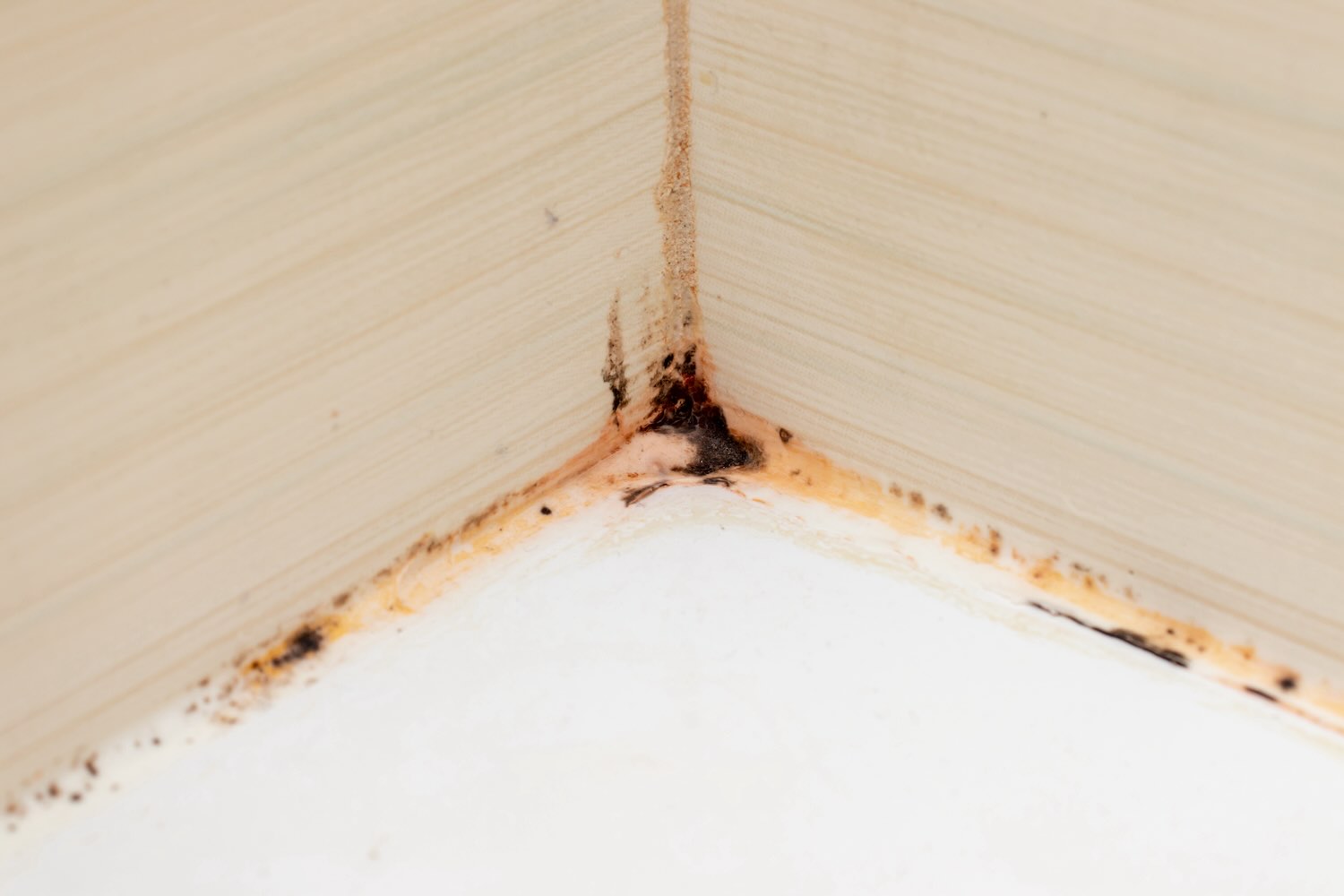
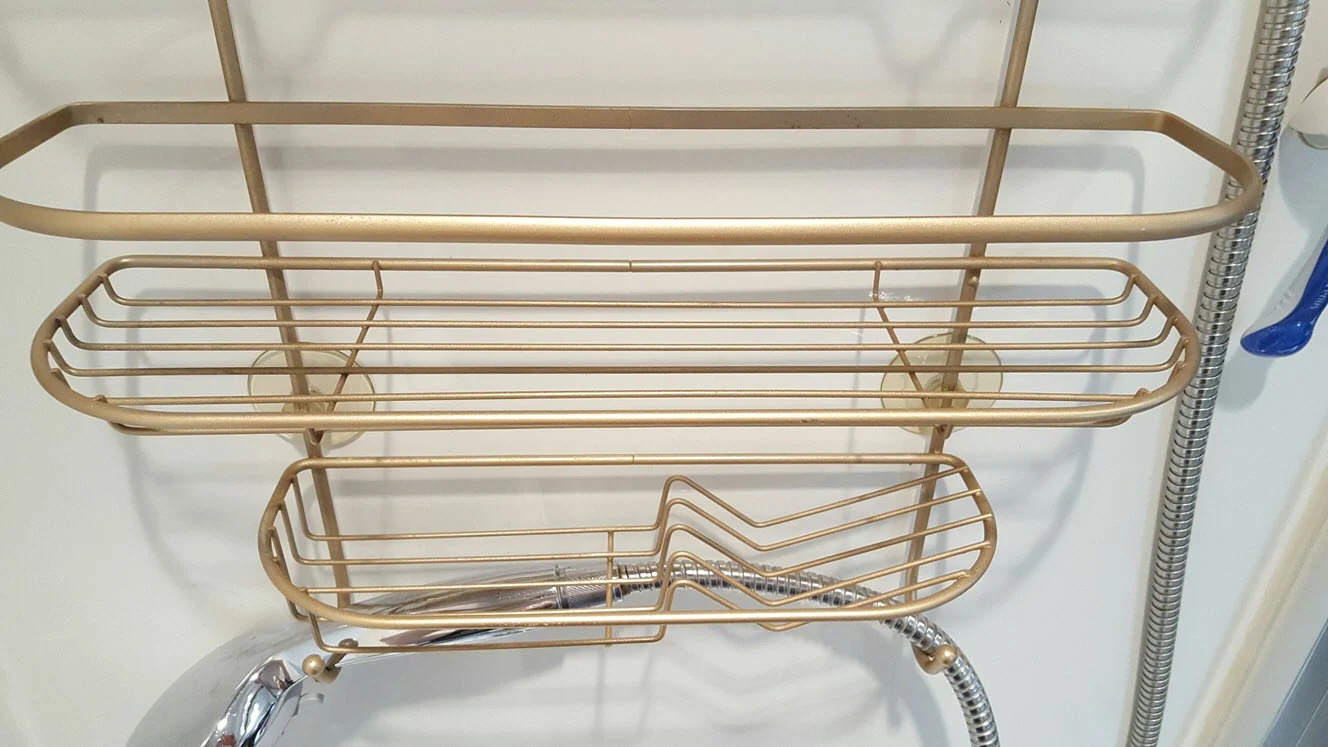
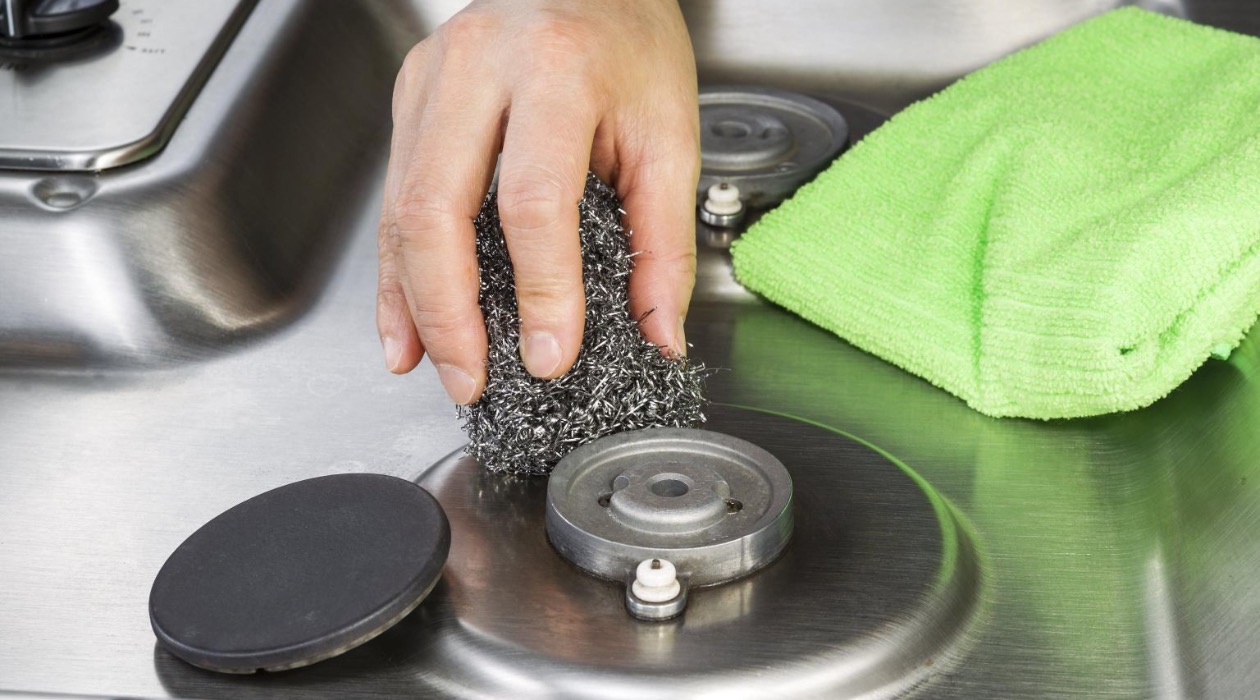
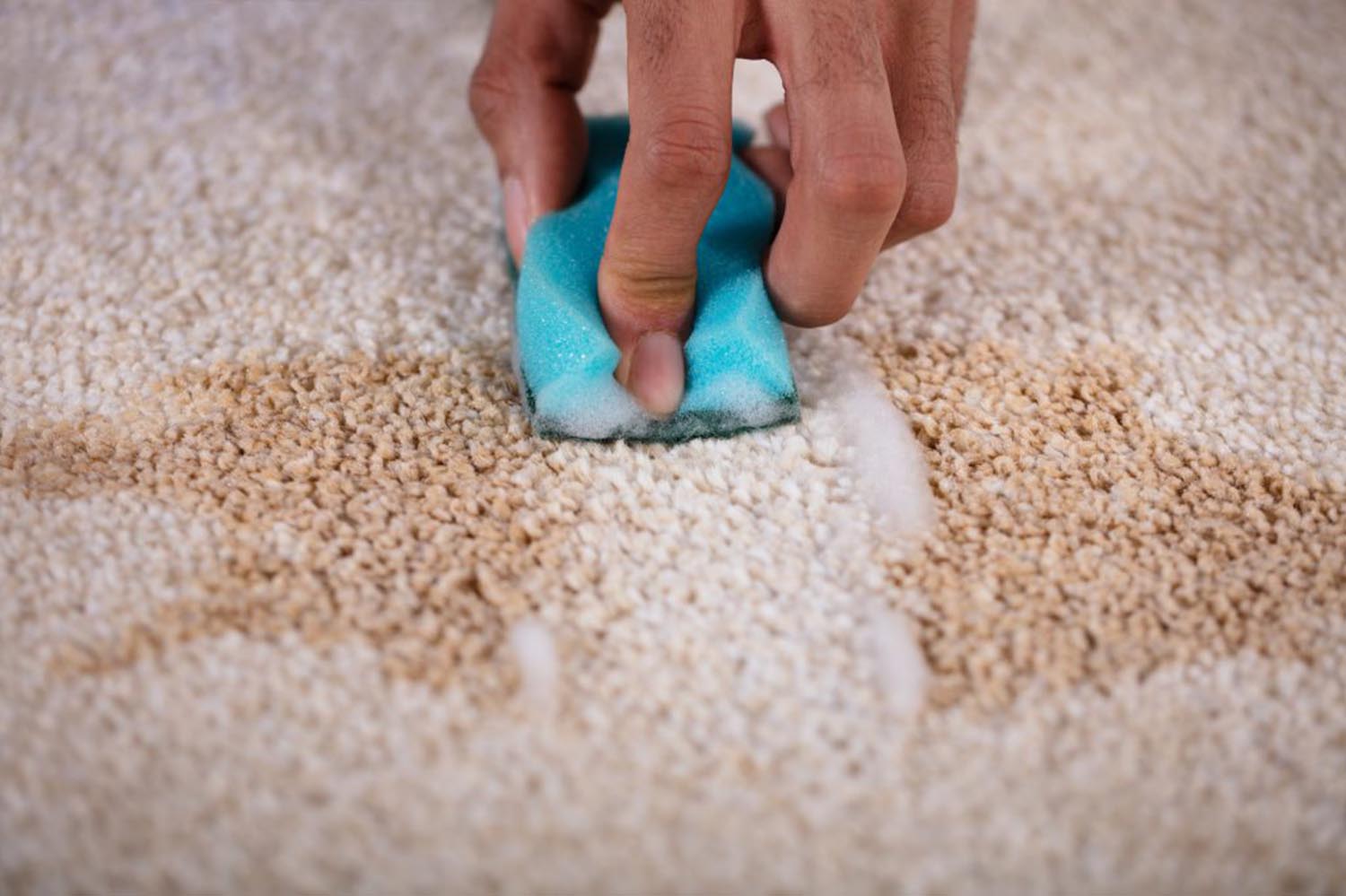
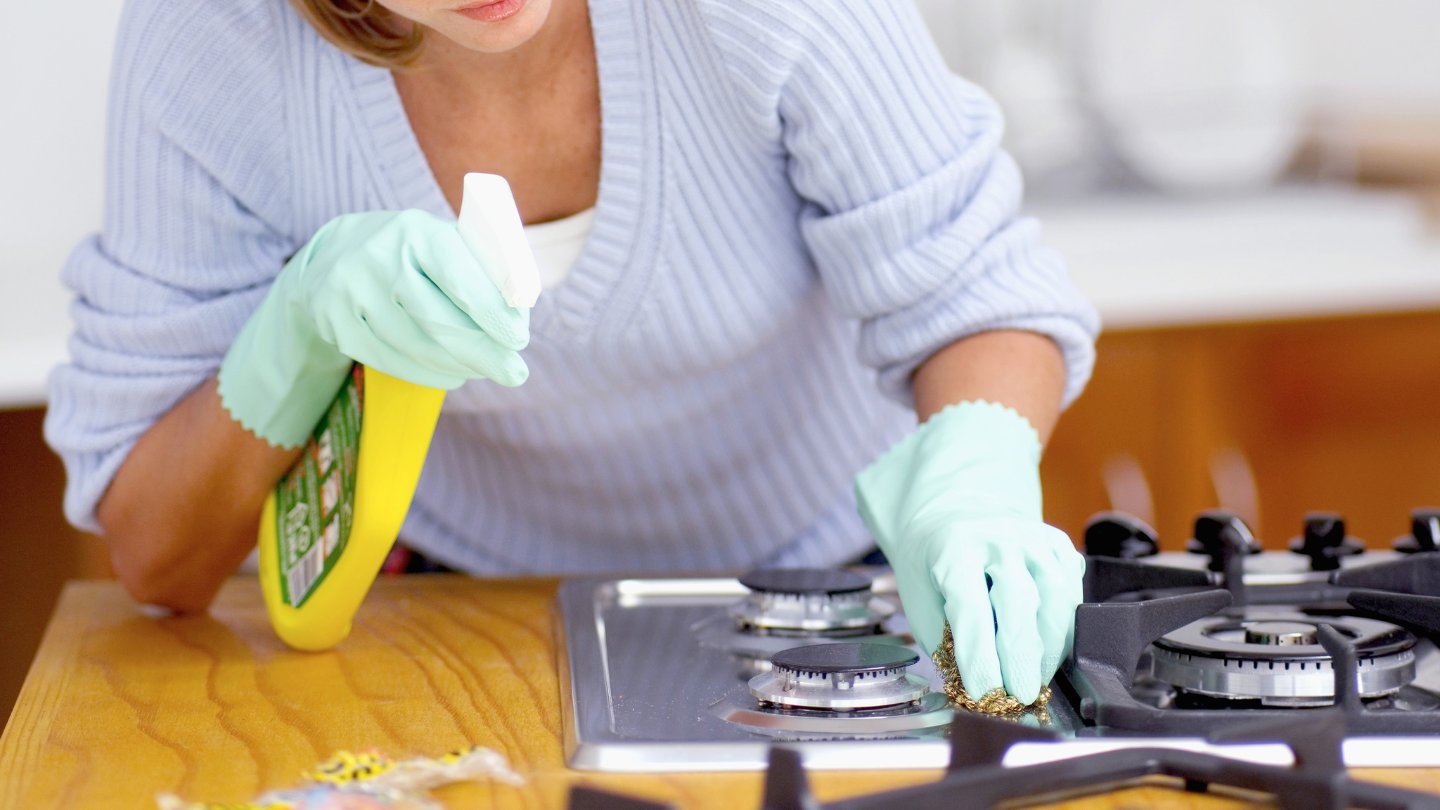
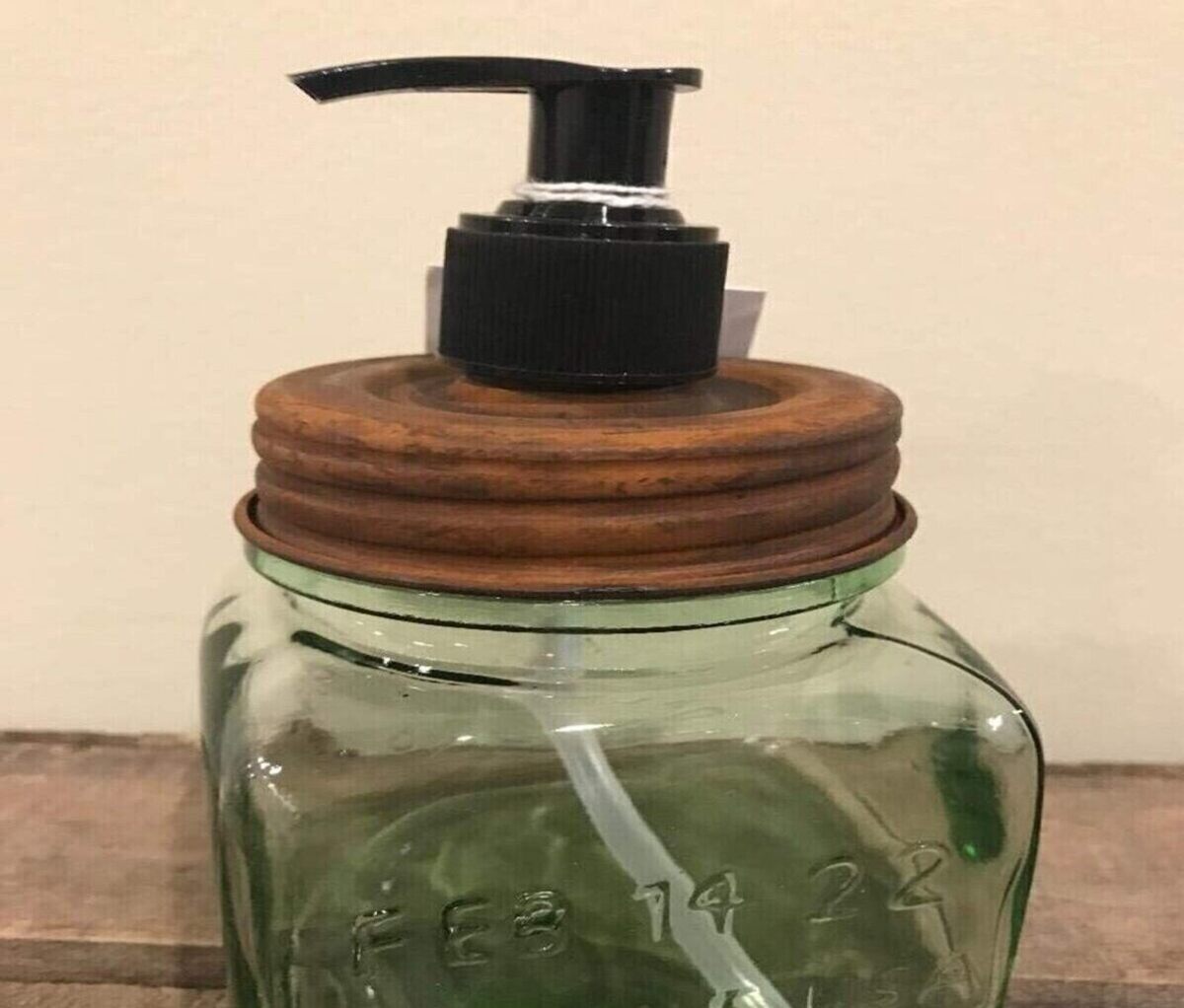
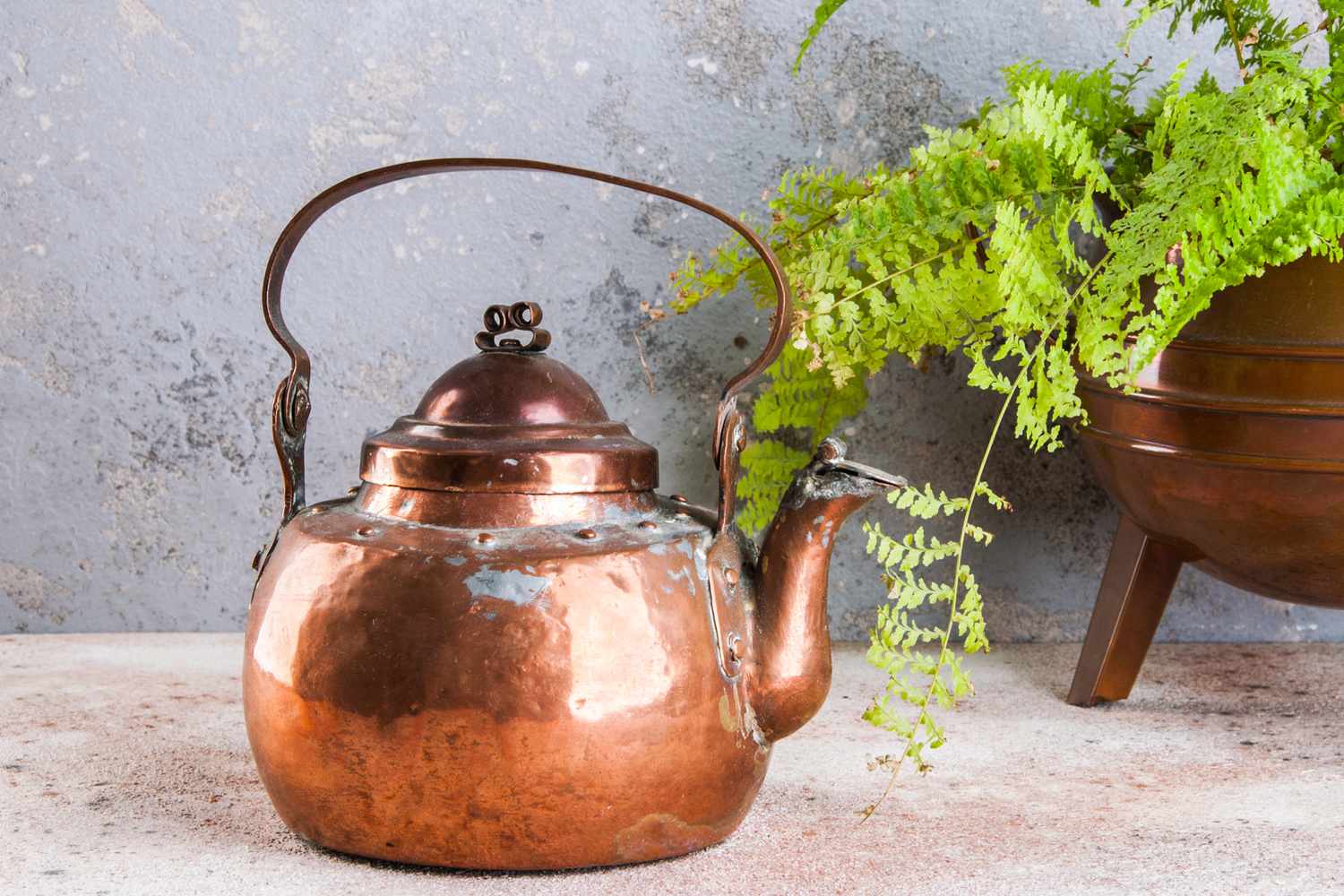
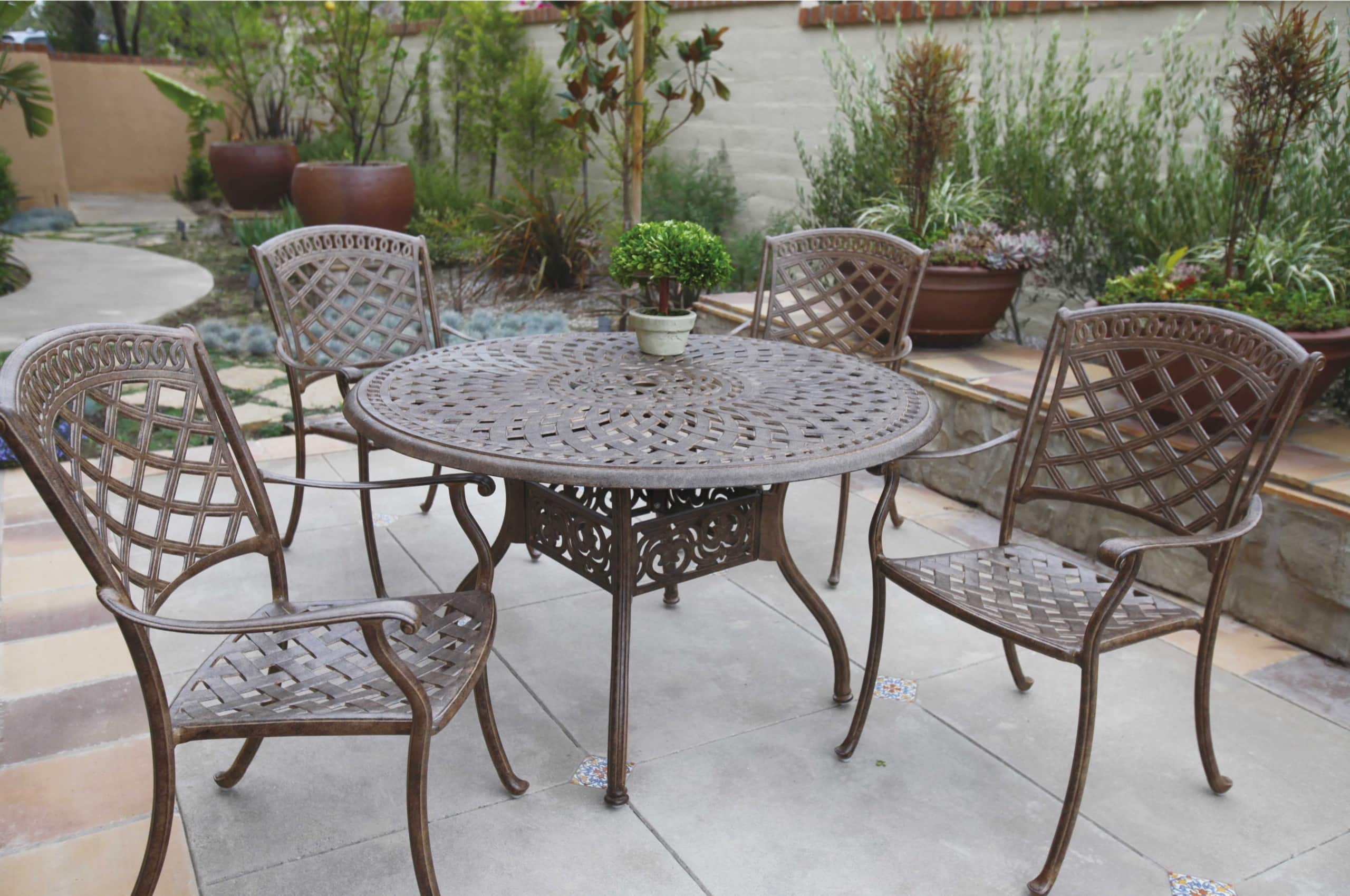
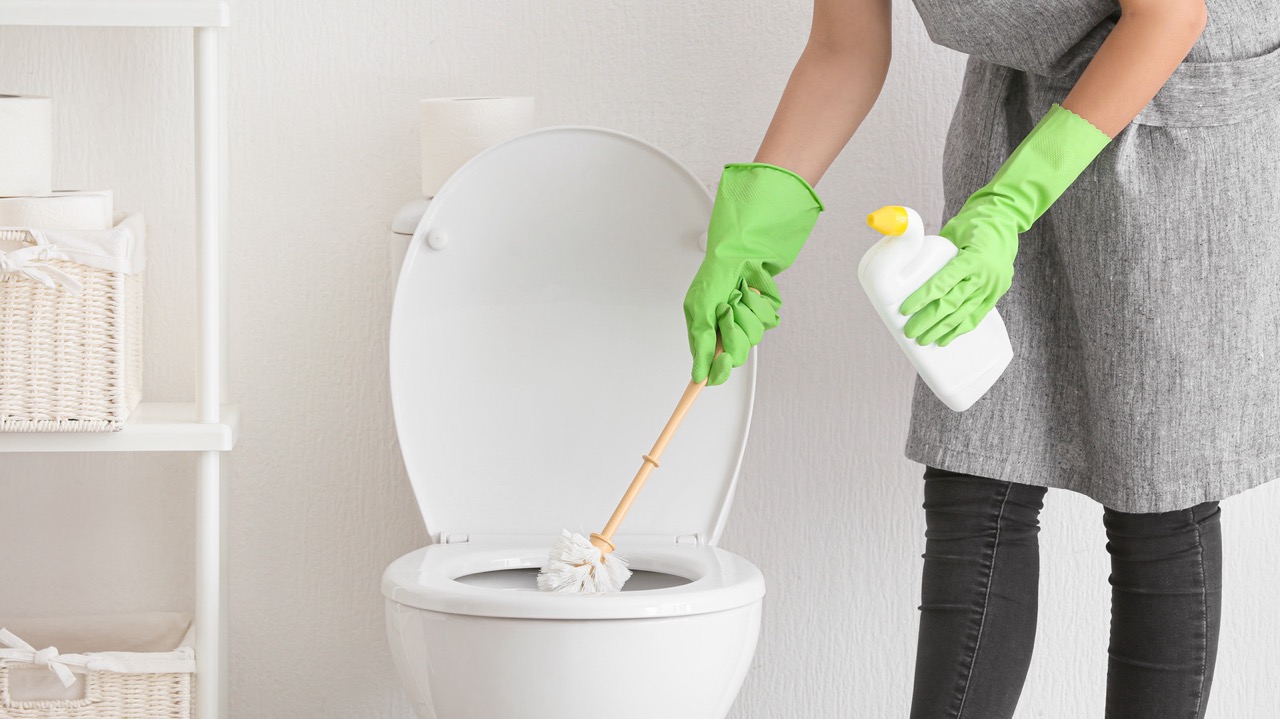
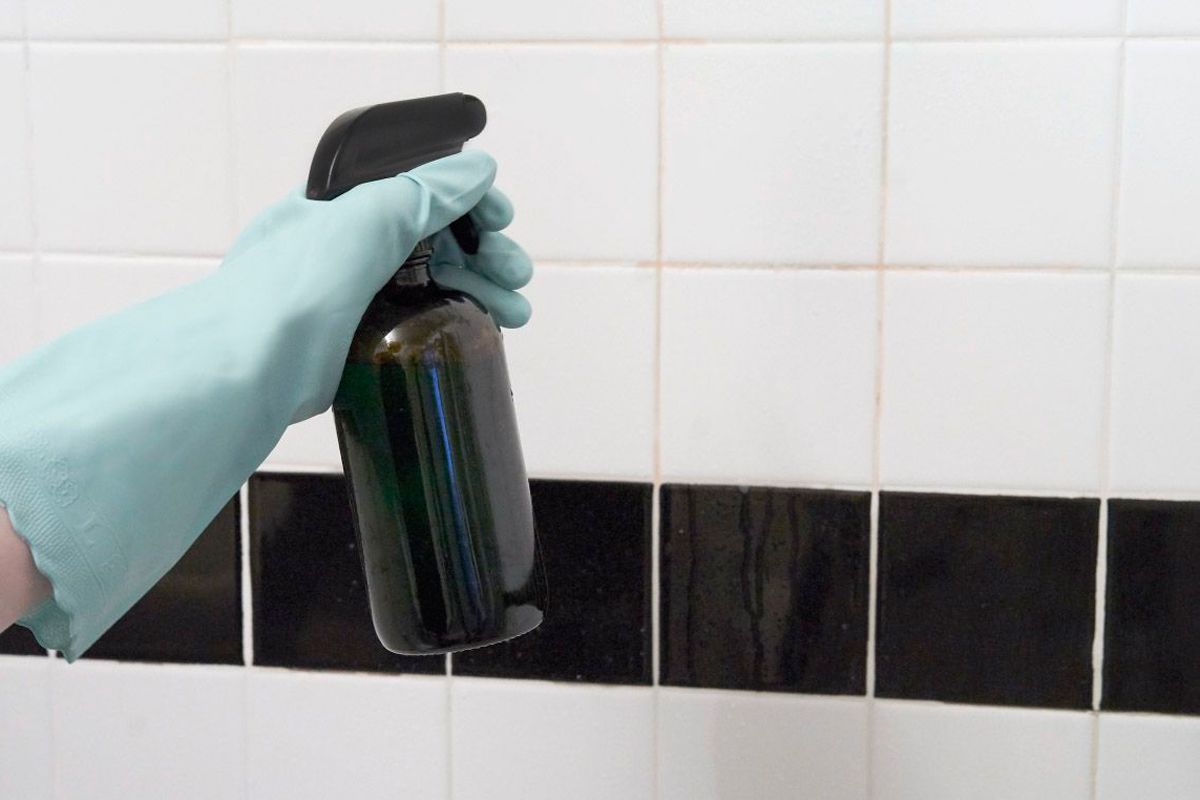
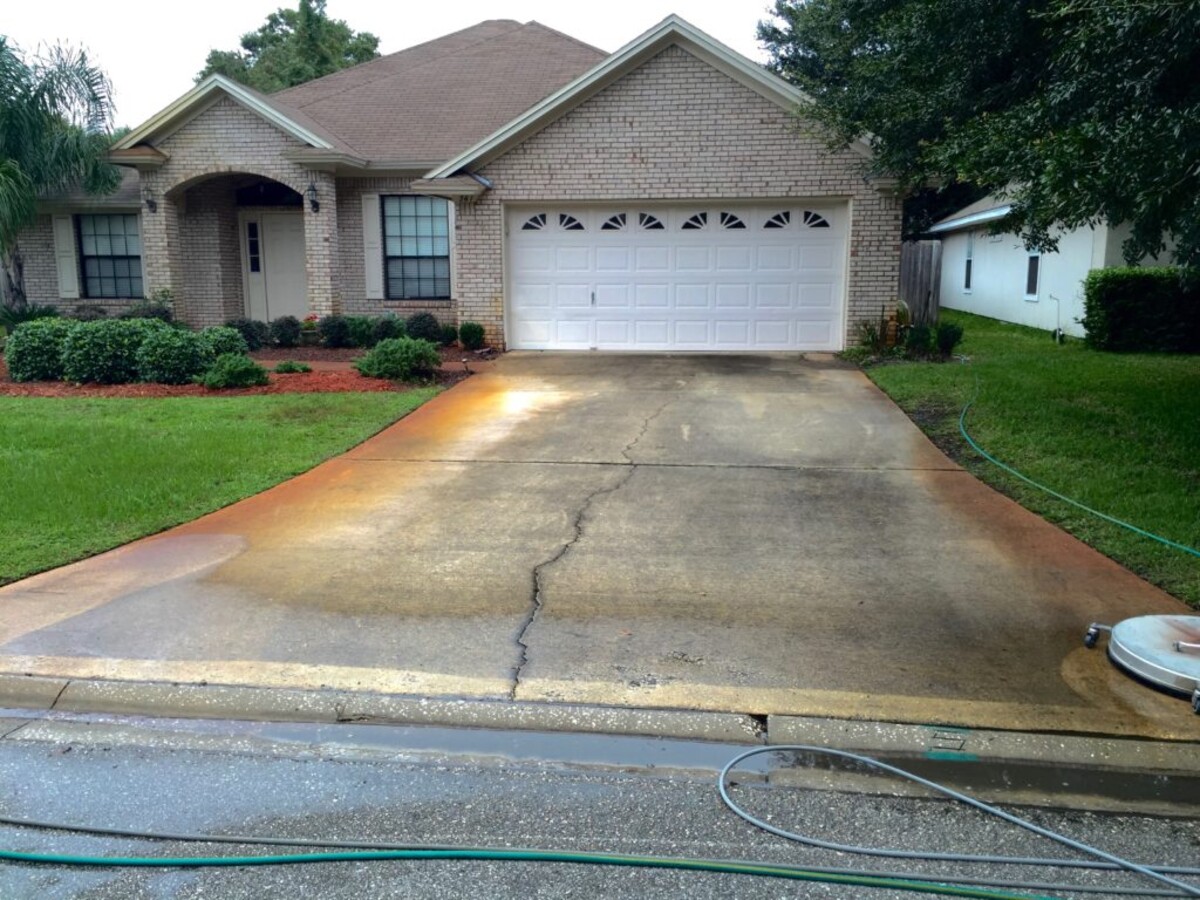
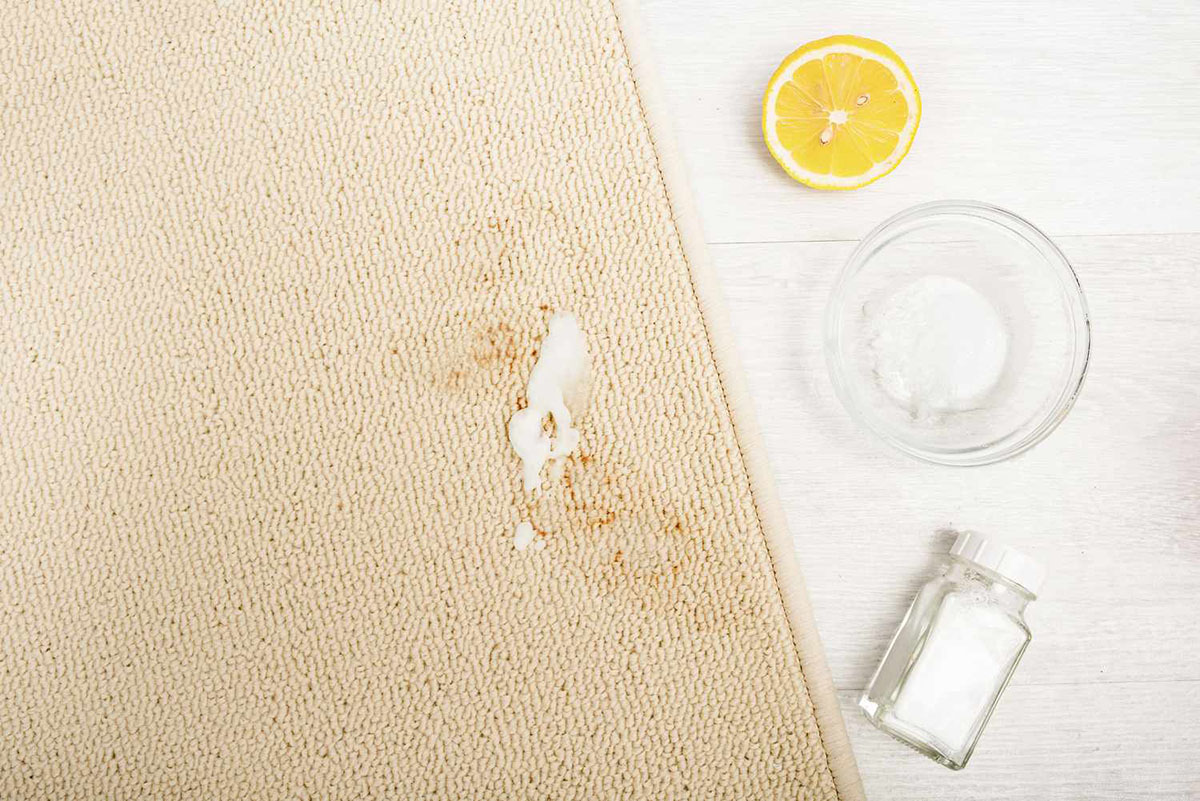
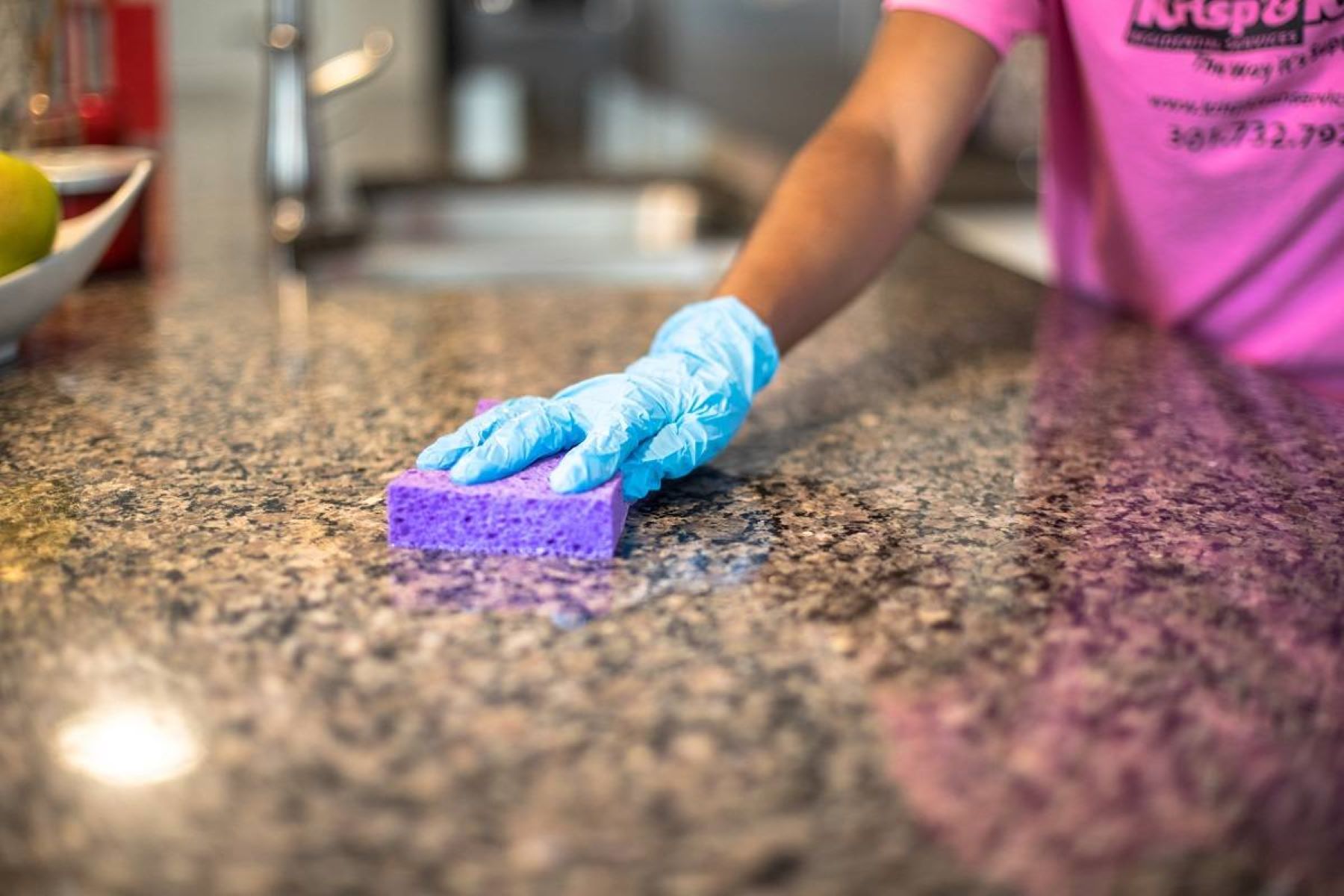

0 thoughts on “How To Remove Rust From Glass”